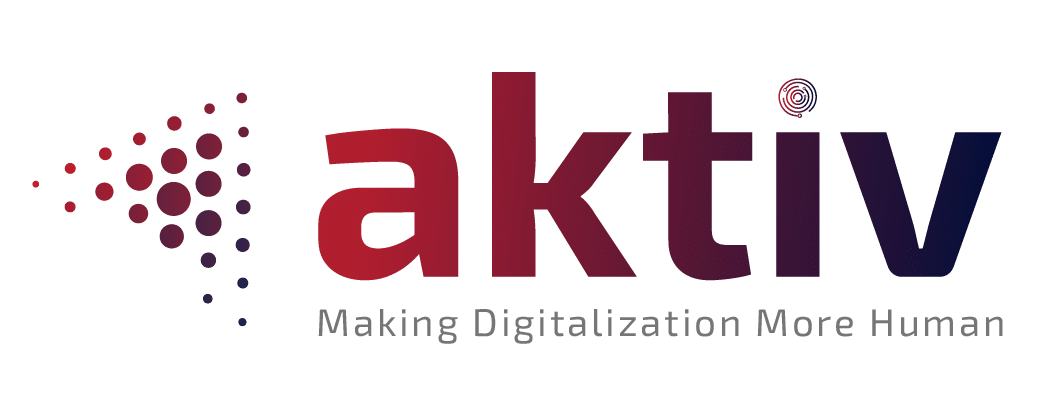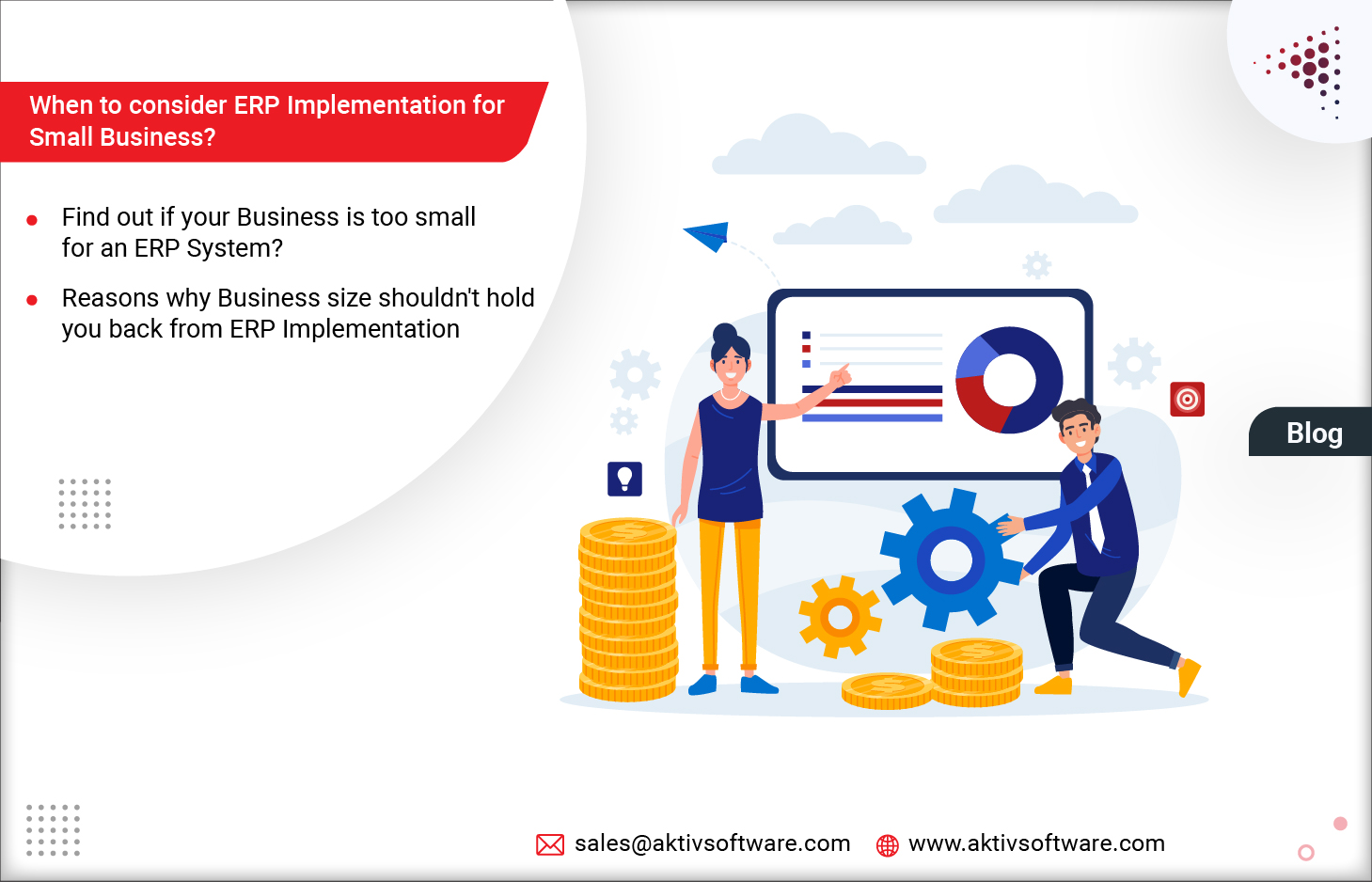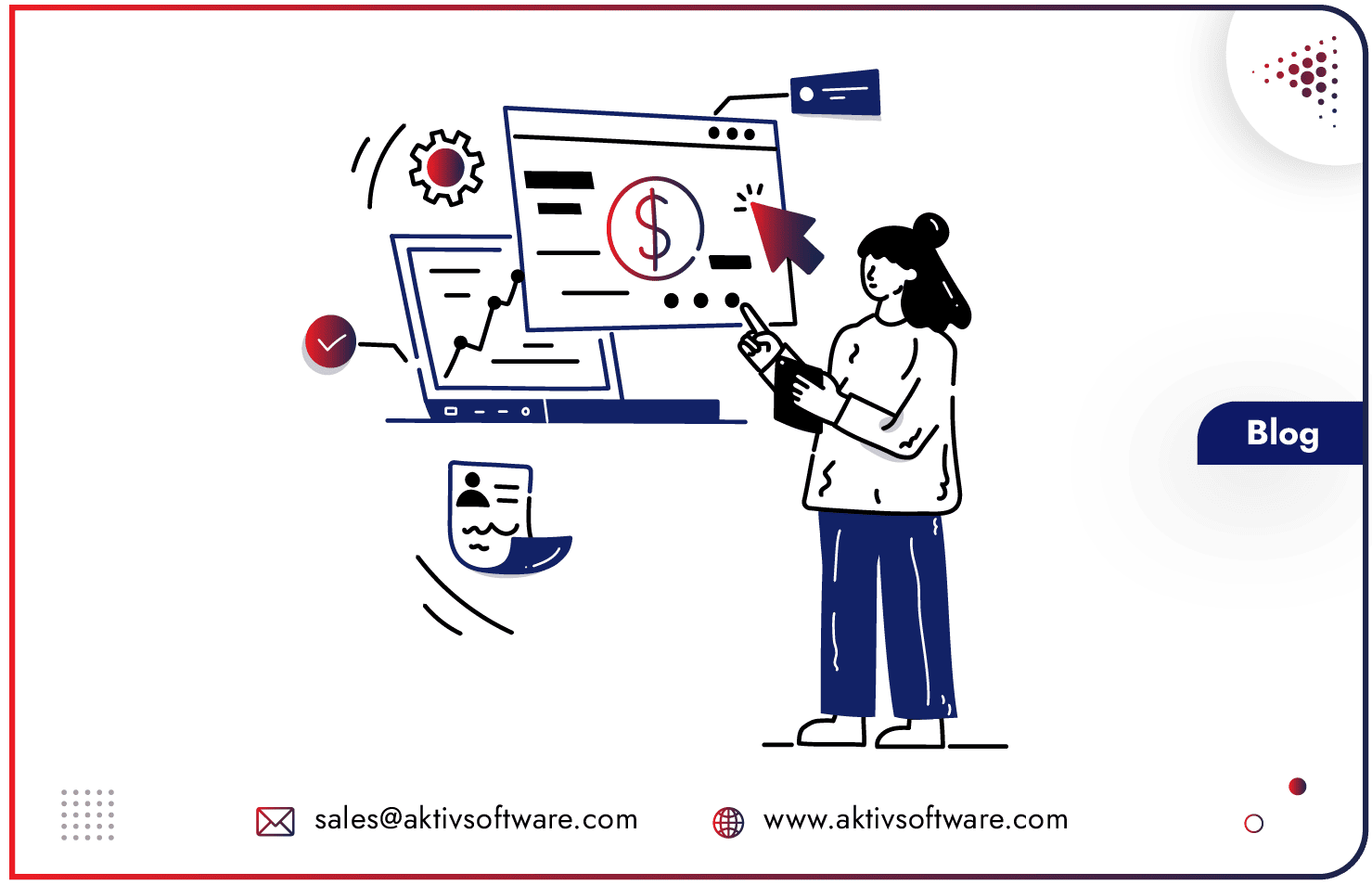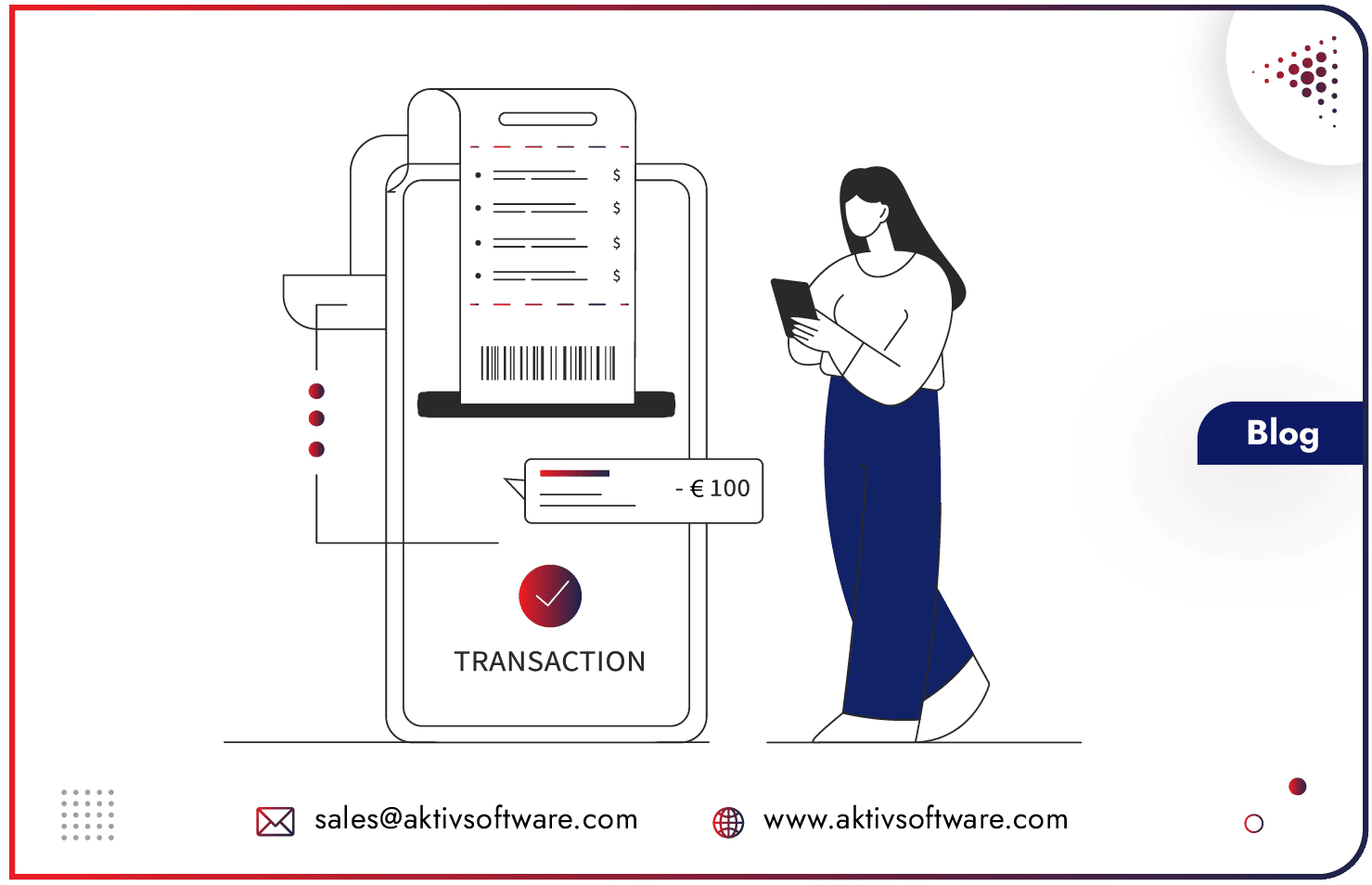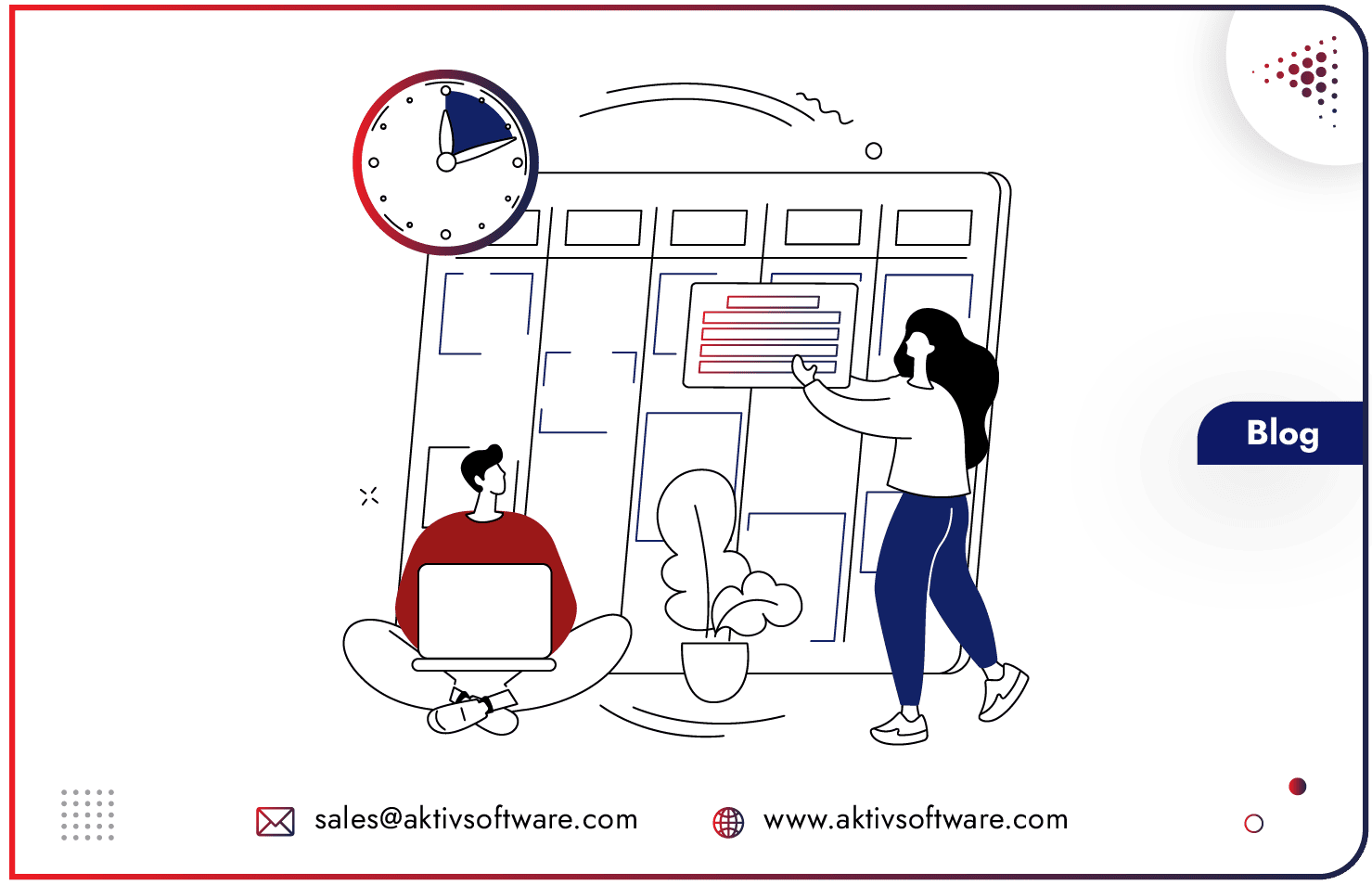Many small business owners shy away from Enterprise Resource Planning (ERP) systems, believing them clunky, expensive solutions reserved for giant corporations. Let’s not jump to conclusions and view it from a different perspective.
Over 75% of small businesses now leverage ERP systems to streamline operations and gain a competitive edge.
ERP systems offer a unified platform to manage crucial aspects like inventory, accounting, customer relationship management (CRM), and project management. This reduces data silos, eliminates manual errors, and boosts overall efficiency by up to 33% [source: Aberdeen Group].
ERP System for Small Business – Benefits of Implementation
Manage the Data Chaos:
As your business grows, you likely implement software solutions to manage specific tasks – accounting software, a customer relationship management (CRM) system, an inventory management tool, etc.
This creates a fragmented landscape where data lives in silos, making it difficult to get a holistic view of your business.
Spreadsheets and siloed software can quickly become a management nightmare. An ERP system integrates all this data into one central hub, providing a real-time, unified view of your business.
Here’s how siloed business structure can hinder growth>>
Boost Efficiency and Productivity:
Imagine the time your team spends on manual data entry, reconciling discrepancies between systems, and generating reports by hand.
An ERP system automates these tasks, freeing up your team’s time to focus on higher-value activities that drive growth.
Informed Decisions, Better Results:
When your business is not tightly integrated with mission-critical operations, then it can create unreliable data and limit your insights.
Without a central ERP System in place, accessing crucial business data can be a nightmare. You might have to cobble together reports from various software or even rely on manual spreadsheets – a time-consuming and error-prone process. This lack of transparency makes it difficult to make informed decisions about your business.
You might need to know your current customer acquisition cost or identify your best-selling products. Extracting this information from multiple disconnected systems would be a tedious task. An ERP system provides real-time insights at your fingertips, empowering you to make data-driven decisions quickly and efficiently.
Improved Sales and Customer Experience:
Inconsistent data across systems can lead to order fulfillment errors, poor customer communication, and ultimately, a decline in customer satisfaction. An ERP system ensures all customer data is centralized and readily accessible, allowing you to provide a seamless customer experience.
Cloud-based ERPs put an end to the IT Complexities you’re worried about:
Many small business owners believe implementing an ERP system requires a dedicated IT team and months of complex configuration. Modern ERP solutions, especially those designed for SMBs, are user-friendly and often cloud-based, requiring minimal IT expertise to set up and maintain.
Scalability for Future Growth:
A good ERP system is built to scale. As your business expands, your ERP can grow with you, accommodating new users, data, and functionalities.
Now, here’s the catch: Not all ERPs are created equal. Feature-rich systems designed for massive enterprises can be complex and costly for a small business.
Choosing the Right ERP System is Key:
While the advantages are undeniable, it’s important to remember that not all ERP systems are created equal.
A few traditional ERPs can be complex, expensive, and require significant IT resources – a burden for many small businesses.
On the other hand, best-of-breed and feature-rich solutions designed for large enterprises can be overwhelming and costly for a small business.
That’s where Odoo comes in, best of both worlds-Affordable yet Efficient.
Why Odoo for Small Business?
Odoo is an open-source ERP system specifically designed for the needs of SMBs. Here’s why it might be the perfect fit for your business:
Modular Design:
Odoo offers a modular structure, allowing you to choose the functionalities you need – from accounting and inventory to CRM and project management. This means you only pay for what you use, keeping costs under control.
Easy to Use:
Unlike its enterprise counterparts, Odoo is known for its user-friendly interface. This makes it easy for your team to adopt the system quickly, minimizing disruption and maximizing efficiency gains.
Scalable and Customizable:
Odoo grows with your business. Its modular design allows you to add new functionalities as needed, and its open-source nature allows for customization to perfectly suit your specific workflows.
Cost-Effective:
With a free community version and flexible subscription plans, alongside an affordable subscription plan where you can utilize all apps for one, Odoo is suitable for businesses of all budget sizes.
Open-Source Advantage:
Odoo’s open-source nature means you have more control and flexibility. The core platform is free, and a large community provides support and customization options.
Don’t let your business size hold you back from utilizing the power of an ERP System and digitalization.
Explore Odoo ERP with us and see how it can transform your business digitally!

